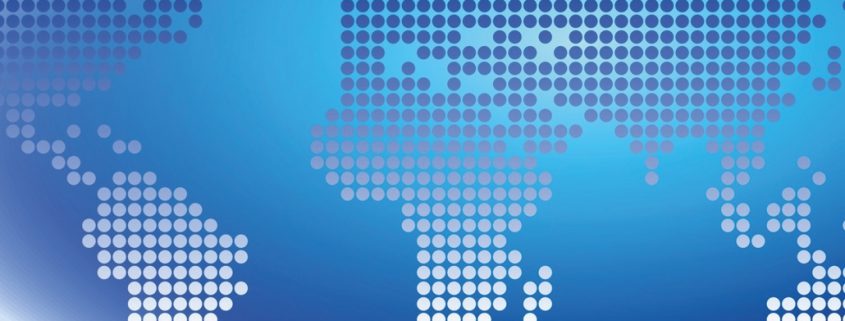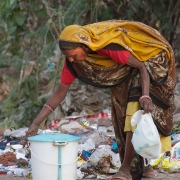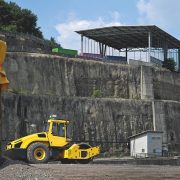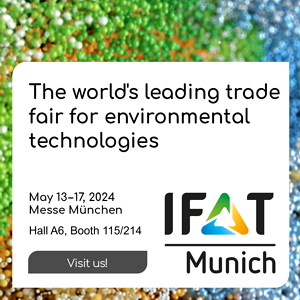Who Really Leads the MSW Recycling World?
Around the world, recycling rates are widely reported – but not in ways that can be easily compared. Some eye-catching recycling rates claim need to be treated with caution. Sweden, for instance, has achieved a 99 percent rate – but only by counting combined heat and power energy recovery as a form of recycling. A new research by Eunomia finds that Germany and Taiwan lead the world on municipal solid waste recycling – but by a small and narrowing margin against third place Wales.
In the new report, Eunomia drew together recycling rate figures from around the world, and then worked to remove the inconsistencies that make such figures difficult to compare with one another. Both the OECD and the European Commission produce annual municipal waste and recycling statistics, which eliminate some (but far from all) of the inconsistencies. However, there are a few high recyclers that are members of neither organization. So the report had to consider the impact of a range of factors:
■ Some EU nations (e.g. Belgium, the Netherlands, Germany) report metals recovered from incinerator bottom ash as recycled, while others (e.g. Sweden, Slovenia, Switzerland) do not.
■ Germany and Austria both appear to report large amounts of inputs to mechanical-biological treatment facilities as recycled or composted, when much of the output is incinerated or landfilled.
■ Singapore’s data includes a substantial amount of non-household waste, such as rubble and industrial slag, which have very high recycling rates, and counts burnt wood as biomass as recycled.
■ Wales, too, counts recycled rubble collected by local authorities in its totals, and includes a substantial amount of incinerator bottom ash recycled as aggregate.
■ There is considerable variation in the ways in which contamination is assessed. It appears that Slovenia, for example, measures almost all material collected for recycling as recycled, disregarding the impact of contamination. Other countries count material once it has been subject to an initial sort, while others take considerable pains to track material as close as possible to the point of reprocessing.
Eunomia’s investigation of the data took into account that some of the recycling material is included/excluded: How much of the waste streams is commercial, industrial and construction? Is there any rubble to be considered? What about incinerator bottom ash including metals? Are dry recycling and biowaste streams contaminated? The definition of “recycling“ and the point at which recycling is measured had to be clarified.
The adjusted Top 10 of municipal solid waste recyclers lists Germany and Taiwan in front of Wales, followed by South Korea, Belgium, Switzerland and Austria, ending with Slovenia, The Netherlands and Singapore. However, the picture would be incomplete without the packages of policy levers these nations have in place like clear performance targets and policy objectives, good funding for recycling, extended producer responsibility and incentives to encourage citizens to recycle e.g. residual restriction differential. And if the progress to be made is taken into account, Wales for example is moving towards a 70 percent target, has binding targets and scopes to improve performance and could soon overtake Germany.
The report containing detailed information on the national figures delivered can be downloaded under http://resource.co/sites/default/files/World%20Recycling%20League%20-%20Full%20Report%20-%20FINAL.pdf.
Photo: pixabay
GR 22017









